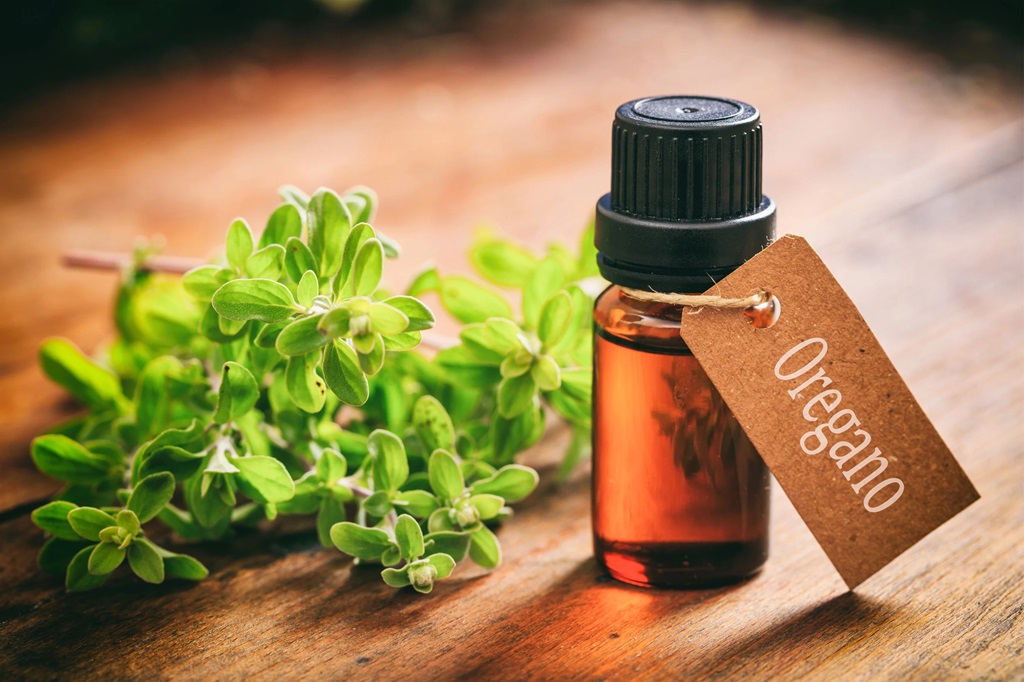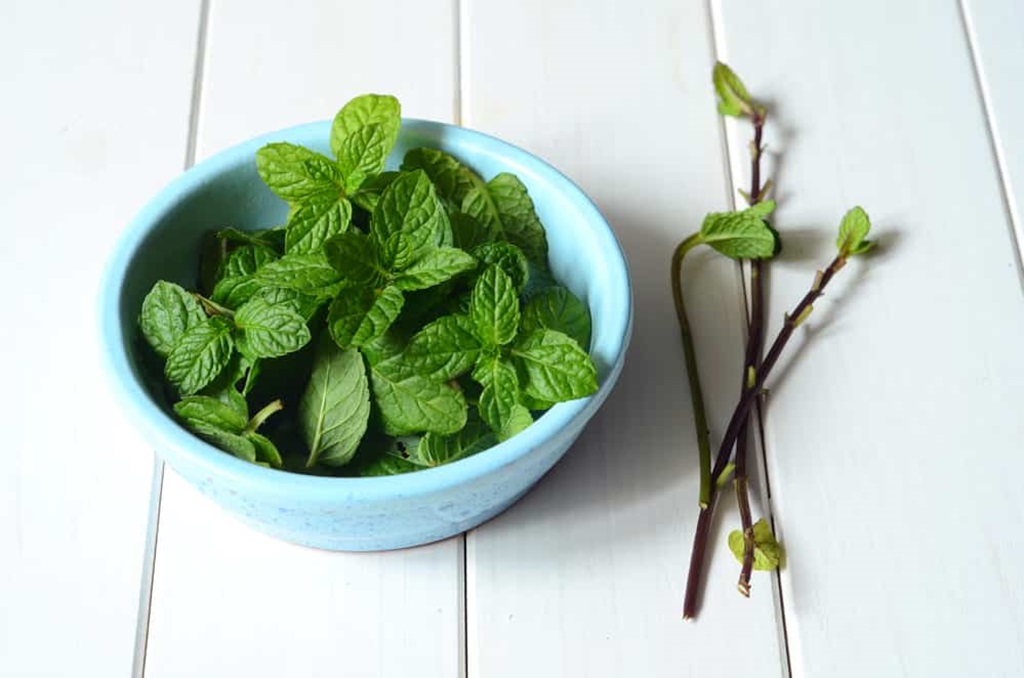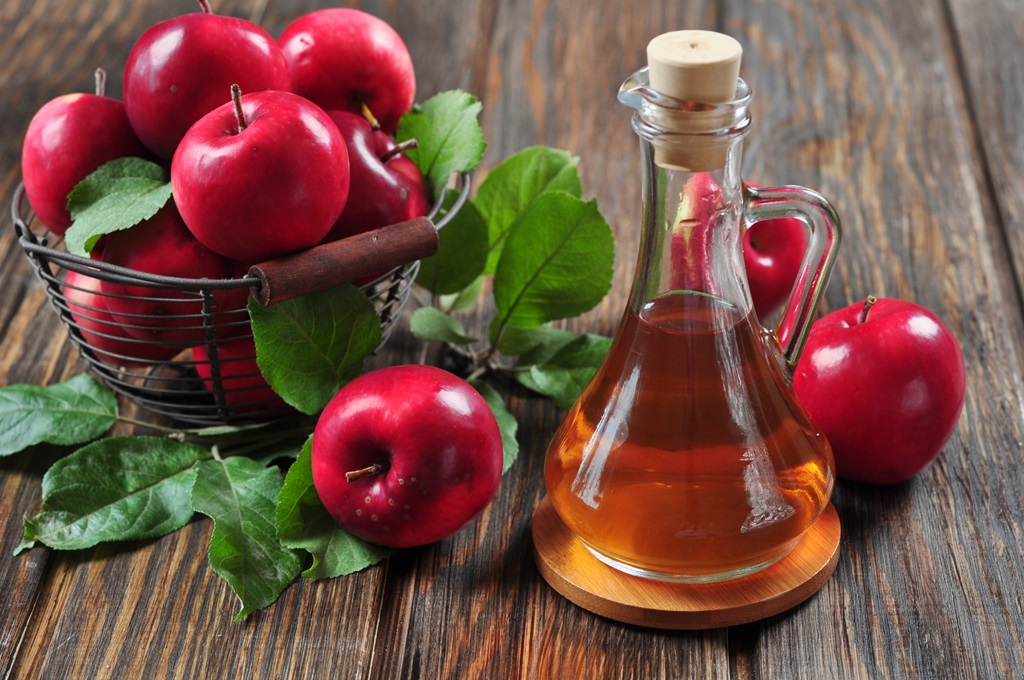Best Natural Antibiotics for Sinus Infection

Sinus infections, also known as sinusitis, can be extremely painful and debilitating. The sinuses are air-filled pockets in the face that can become inflamed and swollen during a sinus infection, leading to congestion, facial pain and pressure, headaches, and more. While antibiotics are commonly prescribed to treat bacterial sinus infections, some many natural antibiotics and remedies can help clear up sinusitis quickly and effectively.
We will cover the top 10 most effective natural antibiotics for sinus infections, how they work, and how to use them properly to get sinus relief fast. We will also provide tips on sinus infection prevention and answer some frequently asked questions at the end.
What Causes Sinus Infections?
Before diving into natural sinus infection treatments, let’s first understand what causes sinusitis in the first place. There are a few ways sinus infections can develop:
- Viral infections – Colds and influenza viruses are common culprits. The viruses cause inflammation and swelling of the sinuses.
- Bacterial infections – Bacteria like Streptococcus pneumoniae and Haemophilus influenzae invade the sinuses, leading to a bacterial sinus infection. This is a common complication of viral colds.
- Allergies – Allergens like pollen, dust mites, and pet dander can trigger sinus inflammation.
- Structural issues – Physical obstructions in the sinuses like nasal polyps or a deviated septum can block mucus drainage, causing recurrent infections.
In most cases, sinusitis is triggered by a viral cold which enables bacteria to take hold and grow. The natural antibiotics for sinus infection below can help fight both viral and bacterial infections to clear up sinus congestion fast.
1. Oregano Oil
Oregano oil is one of the most potent natural antibiotics, with extensive research demonstrating its antimicrobial powers against all kinds of pathogens. The active compounds in oregano oil like carvacrol have powerful infection-fighting properties.
Studies have found oregano oil to be effective against many sinus infection-causing pathogens like Streptococcus pneumoniae, Haemophilus influenzae, and Candida fungal infections. The oregano compounds help kill bacteria, reduce sinus inflammation, and boost drainage.
How to Use
Look for high-quality oregano oil standardized to a minimum 70% carvacrol content. Place 2-3 drops under the tongue 2-3 times per day at the first signs of a sinus infection. Can also be combined with a carrier oil and massaged into the sinus areas.
2. Garlic
Garlic is an antiviral, antibacterial, and antifungal that contains the sulfur compound allicin which gives garlic its pungent odor and medicinal qualities. Allicin has been shown in studies to inhibit the growth of major bacteria involved in sinusitis. Garlic also has anti-inflammatory properties that help reduce sinus swelling.
How to Use
At the first signs of sinus troubles, start consuming 2-3 raw garlic cloves per day, ideally crushed or chopped to release active compounds. Can also take garlic oil capsules or add generous garlic to foods. Avoid cooking garlic which depletes the allicin.
3. Horseradish
Horseradish contains antimicrobial volatile oils similar to mustard and wasabi. These oils, primarily allyl isothiocyanate, give horseradish its sinus-clearing abilities. Horseradish thins mucus opens sinus passages, and fights infection to resolve congestion fast.
How to Use
Make horseradish tea by steeping 1-2 teaspoons freshly grated horseradish root in a cup of hot water for 10 minutes. Drink up to 3 times daily. Can also add horseradish to soups, sauces, dips, and sandwiches. Start with small amounts as it’s quite potent.
4. Eucalyptus
Eucalyptus is an expectorant and decongestant helpful for draining sinus congestion. It contains the compound cineole which thins mucus, eases coughs, and fights bacteria and viruses. The anti-inflammatory properties of eucalyptus also reduce sinus swelling and pressure.
How to Use
Inhale steam from a bowl of hot water mixed with several drops of eucalyptus essential oil. Can also rub diluted oil on the chest or diffuse it in the home. Eucalyptus leaves can be used to make tea. Avoid ingesting essential oils internally.
5. Peppermint
Peppermint contains menthol which helps thin mucus and calm respiratory inflammation. It also has mild antibacterial effects against some pathogens including Staphylococcus aureus and H. influenzae according to research.
How to Use
Brew a strong peppermint tea using leaves or tea bags. Inhale the steam. Peppermint essential oil can also be diluted and applied topically to the sinus area or diffused into the air. Avoid using too much internally which can worsen reflux.
6. Mullein
The flowers and leaves of mullein have been used traditionally to clear excess mucus from the lungs and treat respiratory infections. Mullein may help reduce inflammation while fighting bacterial and viral infections.
How to Use
Make mullein tea by steeping 1-2 teaspoons dried leaves or flowers in hot water for 10 minutes. Drink up to 3 times daily. Can also take mullein leaf tinctures according to package directions.
7. Stinging Nettle
Stinging nettle has natural antihistamine effects that can help reduce allergy-related sinus issues. It also contains antimicrobial compounds that combat infections, while reducing inflammation.
How to Use
Stinging nettle tea can be made by steeping fresh or dried leaves in hot water for 5-10 minutes. Consume up to 3 cups daily during sinus troubles. Nettle capsules are also available. May cause mild stomach upset.
8. Ginger
Ginger’s anti-inflammatory gingerols inhibit cytokines that cause swelling and congestion. Ginger also thins mucus, stimulates the immune system, and contains antimicrobial components. Fresh ginger is the most potent.
How to Use
Drink ginger tea several times daily made with sliced fresh ginger root, or take ginger capsules on an empty stomach. Can also eat raw ginger, use it in cooking, or inhale it in essential oil form. Too much may cause reflux.
9. Honey
Raw, unprocessed honey has antimicrobial, wound-healing, and soothing properties. It can help coat and heal the sinus passages while fighting infection. Look for local honey, which also contains traces of local pollen to support allergy immunity.
How to Use
Consume 1-2 teaspoons of raw honey at a time up to 3 times per day during sinusitis flare-ups. Or create a honey steam inhalation by adding 2-3 teaspoons of honey to a bowl of hot water. Avoid giving honey to infants under 1 year old.
10. Apple Cider Vinegar
Apple cider vinegar is a natural antiviral, antibacterial, and anti-inflammatory. It contains the “mother” of probiotics and acetic acid that kills pathogens while soothing mucous membranes. It’s also alkalizing to combat acidity.
How to Use
Mix 1-2 tablespoons apple cider vinegar into a glass of warm water with lemon and raw honey. Drink this tonic several times a day to fight sinusitis. Can also be used as a gargle or nose rinse when diluted. Start with smaller amounts if new to ACV.
Other Helpful Tips for Sinus Relief
- Stay hydrated to thin mucus – drink broth, herbal tea, and electrolytes.
- Use a humidifier to ease dry congestion.
- Irrigate nasal passages with a neti pot and saline rinse to flush out mucus.
- Apply a warm compress over the sinus area to increase drainage.
- Avoid dairy, smoke, allergens, and other triggers that worsen symptoms.
- Manage stress and get adequate sleep and nutrition to support healing.
- See a doctor if symptoms persist beyond 10 days or keep recurring. May need antibiotics.
Conclusion
Sinus infections can definitely put a damper on your day with miserable congestion, pressure, and facial pain. With the help of natural antibiotics for sinus infections like oregano oil, garlic, and ginger, you can quickly treat both viral and bacterial sinusitis for fast relief.
Research shows natural antibiotics can effectively fight the most common infection-causing pathogens. They reduce mucosal inflammation, and thin mucus, and contain antimicrobial, antiviral, and antifungal properties. When used at the first sign of sinus troubles, these remedies can help prevent a full-blown sinus infection.
Be sure to combine natural antibiotics with hydration, steam, nasal irrigation, and other tips for optimal sinus relief. See a doctor right away if your symptoms last beyond 10 days or keep recurring. With the powerful options in this guide, you can say goodbye to painful sinus infections and breathe easy once again.
FAQs
Can I Take Natural Antibiotics with Medications?
Most natural antibiotics are safe to take with over-the-counter or prescription medications but check with your doctor first. Start natural remedies at the first signs of sinus troubles for best results alongside conventional treatments. Avoid oregano oil if taking blood thinners.
How Long Until I See Improvement?
It depends on the remedy, but most natural antibiotics should start providing relief within 1-3 days of diligent use. You can combine several remedies together for a more potent effect. Full resolution can take 1-2 weeks just like with conventional antibiotic medications.
Are Natural Antibiotics Safe?
When used appropriately, most research indicates natural antibiotics like garlic and oregano oil are very safe. They have far fewer side effects than prescription antibiotics. But start with smaller doses and discontinue use if any reactions occur. Certain herbs may interact with medications or cause reactions in those with sensitivities.
Can I Prevent Future Sinus Infections?
You can help prevent recurring sinus infections by:
- Staying hydrated and drinking plenty of fluids
- Using a saline nasal spray or rinse regularly to keep passages moist
- Treating allergies with natural antihistamines like quercetin, stinging nettle, or vitamin C
- Avoiding irritants like cigarette smoke, strong odors, and pollution
- Managing stress through yoga, meditation, and other relaxing activities
- Taking immune-boosting supplements like vitamin D, zinc, and vitamin C
- Using a humidifier, especially in dry winter months
- Getting an air purifier to filter allergens and irritants
- Staying on top of dental hygiene and treating any infections ASAP
- Improving gut health through probiotic foods to boost immunity
- Rinsing sinuses after swimming or spending time in chlorinated water
- Avoiding overuse of antibiotic medications which can weaken defenses
- Identifying and removing any structural blockages like polyps or deviated septum
With a robust immune system and healthy sinuses, you can help prevent painful sinus infections in the future. But if one does occur, use the top natural antibiotics in this guide to get fast, effective relief.







